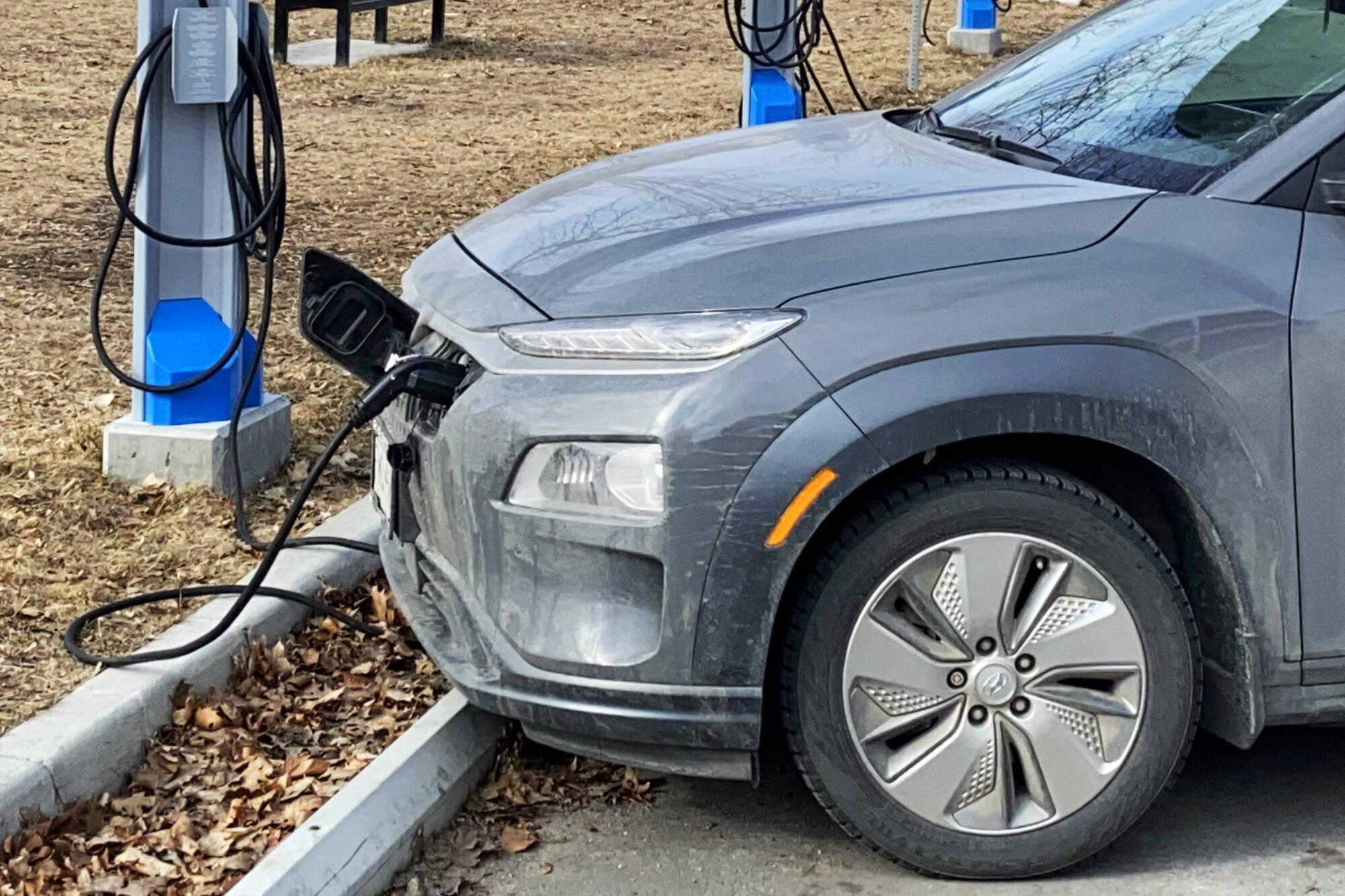More British Columbians than ever before are driving electric vehicles, but many are pumping the brakes when it comes to taking them on long road trips for fears that they might run out of juice.
That is the conclusion from a new survey from Canadian Automobile Association in partnership with British Columbia Automobile Association.
Of the 5,620 EV owners surveyed, 48 per cent say access to public charging stations is a worry and 36 per cent don’t have the confidence to drive their EV long distances.
Meantime, 67 per cent still own gas vehicles, which they are more likely to use for longer journeys, and 63 per cent rely on private outlets rather than public ones to charge up.
Shawn Pettipas, BCAA’s director of marketing, hopes these figures will encourage more investment in B.C.’s public charging system.
B.C. has about 2,400 Level 2 charging stations and 720 fast-charging stations available to the public, while BC Hydro pegs the number of public charging stations at more than 2,500 public stations spread across six charging networks, including one reserved for owners of Tesla vehicles. CleanBC is aiming to have 10,000 public EV charging stations by 2030.
RELATED: Judge rejects lawsuit claiming B.C. failed to properly report climate change plans
It’s significant increase from 2018, when B.C. had 700-plus charging stations, according to Clean Energy Canada.
But this expansion has not left all EV drivers confident that they can find public charging stations when travelling.
Pettipas said this concern is the same across the province, even in the densely populated parts of the province where charging stations might be more readily available.
Pettipas said there are two factors at play: drivers might not readily know where the next charging station might be – something that can fixed through apps like PlugShare or ChargeHub; and drivers are mentally used to quickly finding and using gas stations.
“Now, it requires a little bit more work and a little bit more planning, so you can power up your vehicle for the entire trip,” Pettipas said.
Ultimately, Pettipas expects these concerns to disappear as the infrastructure expands in pointing to other parts of the survey.
EV owners were asked to rate their concerns about various aspects of owning EVs before they bought theirs, then compare it to their actual experience. While none of the concerns disappeared completely, they declined significantly.
Minister of Environment and Climate Change George Heyman said the provincial government is focused on closing gaps, while pointing to changing battery technology. It has grown by “leaps and bounds” and the normal range of EVs now exceeds 400 kilometres.
He added that he only needed to charge his vehicle twice during a trip to Kelowna, once there and once back.
“It was not impossible, it was not onerous,” he said, adding that apps show people where stations are.
B.C. leads the country in what experts call zero-emission-vehicle adoptio., More than 85,000 zero-emission vehicles are registered in the province, with the vast majority purchased with the benefit of the Clean BC Go Electric Passenger Vehicle Rebate Program.
@wolfgangdepner
wolfgang.depner@blackpress.ca
Like us on Facebook and follow us on Twitter.

